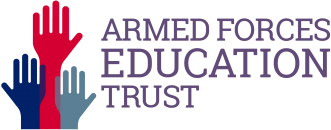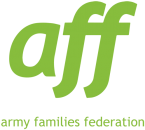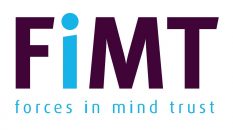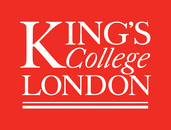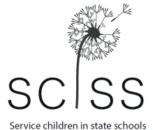Post-16 Research-to-Practice Project
Aim: To understand the 16-19 sector and experiences for young people from Armed Forces families at this age, to understand how the post-16 education sector can best support these young people to achieve their potential and to develop a framework to support practitioners.
Partners: Nine Uni Connect partnerships, the University of Winchester and the SCiP Alliance have collaborated to commission the Centre for Education and Youth (CfEY) to deliver this research.
Activity: The project has delivered a qualitative research resport exploring the educational experiences of Armed Forces young people aged 16-19.
The research, which was led by the Centre for Education and Youth, has built on the foundations laid by the 2020-21 post-16 scoping project and the potential for a post-16 framework for effective practice. The scoping project addressed two priorities – to better understand:
- The scale and nature of the post-16 sector in England
- The level of the post-16 sector’s awareness of Service children
The project builds on the findings of the scoping project through four additional priorities:
- Understanding the context for and experiences of Service children in the post-16 phase
- What data is needed to inform understanding and effective action, including the scale and distribution of the Service child population
- Existing practice supporting Service children post-16
- The priorities and key actions necessary to enhance Service children’s outcomes
Outputs:
‘Diversity Meets Complexity: Supporting Armed Forces Students to Thrive in Post-16 Education’ was launched in November 2022. The research identified that Armed Forces young people in 16-19 education are more likely to have needs relating to the following factors or experiences of Armed Forces life:
• Mobility: Frequent moves throughout an Armed Forces young person’s journey in education may result in disrupted learning, a higher likelihood of unidentified or unmet needs, and struggles regarding their ability to build and sustain long-standing relationships.
• Deployment: Young people identify parental deployment as a significant emotional stressor affecting their performance in education and their wellbeing. During deployments some young people also deal with increased responsibilities in the home, which can sit in tension with meeting the demands of independent learning in post-16 education.
• Independence and stress: Experiences related to Service life appear to lead some Armed Forces young people to have a heightened sense of independence and responsibility. While there are some positive effects of these attributes, this may also increase their stress levels, impacting negatively on their educational experiences and their likelihood to request support.
• Aspirations and decision-making: When making decisions about their post-16 and post-18 choices Armed Forces young people are likely to consider family preferences, geographical location, continuity with staff, parental support and future family mobility. Though they may not be disadvantaged in this regard, settings may need to take account of the additional factors they may consider in other to support them.
Diversity Meets Complexity: Supporting Armed Forces Students to Thrive in Post-16 Education report



